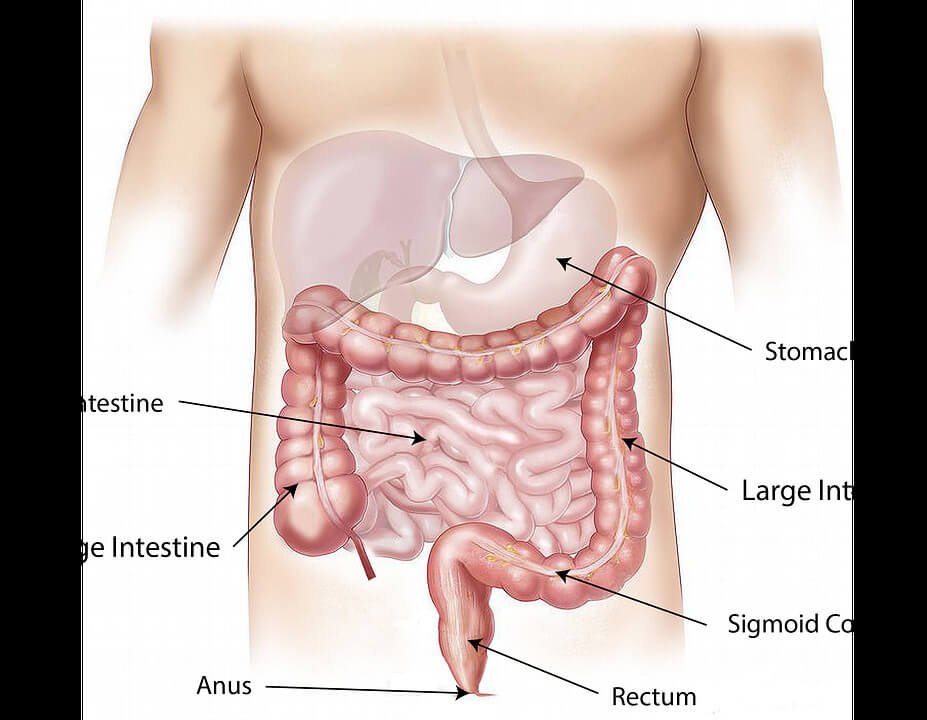Are you curious about the latest advancements in gastroenterology and hepatology? Look no further as we explore the exciting world of clinical trials in these fields. These trials offer hope for patients suffering from gastrointestinal and liver diseases, including inflammatory bowel disease, hepatitis, and liver cancer. From innovative treatments to cutting-edge technologies, discover how clinical trials shape the future of gastroenterology and hepatology.
What Are Clinical Trials?
A clinical trial is a research study in which participants are randomly assigned to one of two or more groups. One group receives an intervention (usually a new treatment or a new way of using an available treatment). In contrast, the other group(s) receives either no or a different intervention. The groups are then compared to see how well the intervention works. Clinical trials determine the safety and efficacy of new medicines and treatments.
There are four main types of clinical trials: observational studies, interventional studies, randomized controlled trials, and blinded studies.
- Observational studies observe people in a defined population, such as persons with a particular disease, and compare them with persons without it.
- In contrast, interventional studies involve enrolling subjects and randomly assigning them to different groups. The most common type of interventional study is the randomized controlled trial (RCT).
- In an RCT, one group of subjects is given the intervention being studied (the “treatment” group).
- In contrast, another similar group of subjects is given an alternative or no intervention (the “control” group). The two groups are followed over time to see how their outcomes compare.
- Finally, blinded studies mask (or “blind”) participants from knowing which intervention they receive. This is done to avoid bias from participants knowing which treatment they are getting.
How Do Gastroenterology And Hepatology Clinical Trials Work?
Gastroenterology and hepatology clinical trials are designed to test new treatments or procedures for the gastrointestinal tract and liver diseases. The trials are conducted by experienced researchers and follow a rigorous protocol.
Gastroenterology and hepatology clinical trial patients can receive the latest, cutting-edge treatments. They also play an essential role in advancing medical knowledge and helping other patients with these conditions in the future.
Patients will undergo screening before enrolling in a clinical trial to ensure they meet the eligibility criteria. Once registered, the research team will closely monitor them throughout the trial. Patients may be required to keep diary entries or complete questionnaires about their symptoms and progress.
After the trial, patients will be unenrolled from the study and returned to their regular care. They will be allowed to receive follow-up care from the research team or their regular doctor.
The clinical trial results will be analyzed to inform current and future treatments for gastroenterology and hepatology conditions.
CROs (Contract Research Organizations) play a vital role in Gastroenterology and Hepatology clinical trials by providing expertise in trial design, site selection, patient recruitment, data management, and regulatory compliance, ensuring efficient and high-quality execution of the studies. As a result, the significance of the CRO must be emphasized in the clinical trials for Gastroenterology and Hepatology.
Benefits Of Participating In A Clinical Trial
Participating in a clinical trial has numerous advantages:
- You can receive state-of-the-art treatment for your condition.
- You can play a role in advancing medical knowledge and helping others by taking part in the research.
- You may have access to new therapies unavailable to the general public.
- Clinical trials offer hope to people with severe medical conditions with few or no treatment options.
Furthermore, individuals participating in clinical trials receive consistent and diligent medical care from a dedicated research team comprising physicians and other healthcare experts. Additionally, participants may be eligible to receive financial reimbursement to cover their time and travel expenses.
How To Find Out More About Clinical Trials In Gastroenterology And Hepatology?
If you or a loved one has been diagnosed with a gastroenterological or hepatological disorder, you may be wondering if any clinical trials are happening that could help. Clinical trials are research studies in which new treatments are tested to see if they are safe and effective. They play an essential role in developing new medicines and treatments and can provide hope for those without success with other treatments.
To learn more about clinical trials in gastroenterology and hepatology, you can speak to your doctor or another medical professional, search online databases such as ClinicalTrials.gov, or contact a research center or hospital near you that specializes in these disorders. Not all clinical trials suit everyone, so you must talk to your doctor about whether a particular problem might work for you before deciding.
In addition, you can check out professional organizations such as the American Gastroenterological Association or the American Association for the Study of Liver Diseases for more information about clinical trials and how to get involved.
Conclusion
Gastroenterology and Hepatology Clinical Trials are essential for improving the care of patients with digestive diseases and liver conditions. They provide valuable information to researchers, physicians, and patients that can help lead to more accurate diagnoses, safer treatments, and better outcomes. By participating in clinical trials, you have the chance to make a difference not only for yourself but also for others facing similar health issues. If you are eligible or want more information about these trials, don’t hesitate to contact your local medical research facility today!

